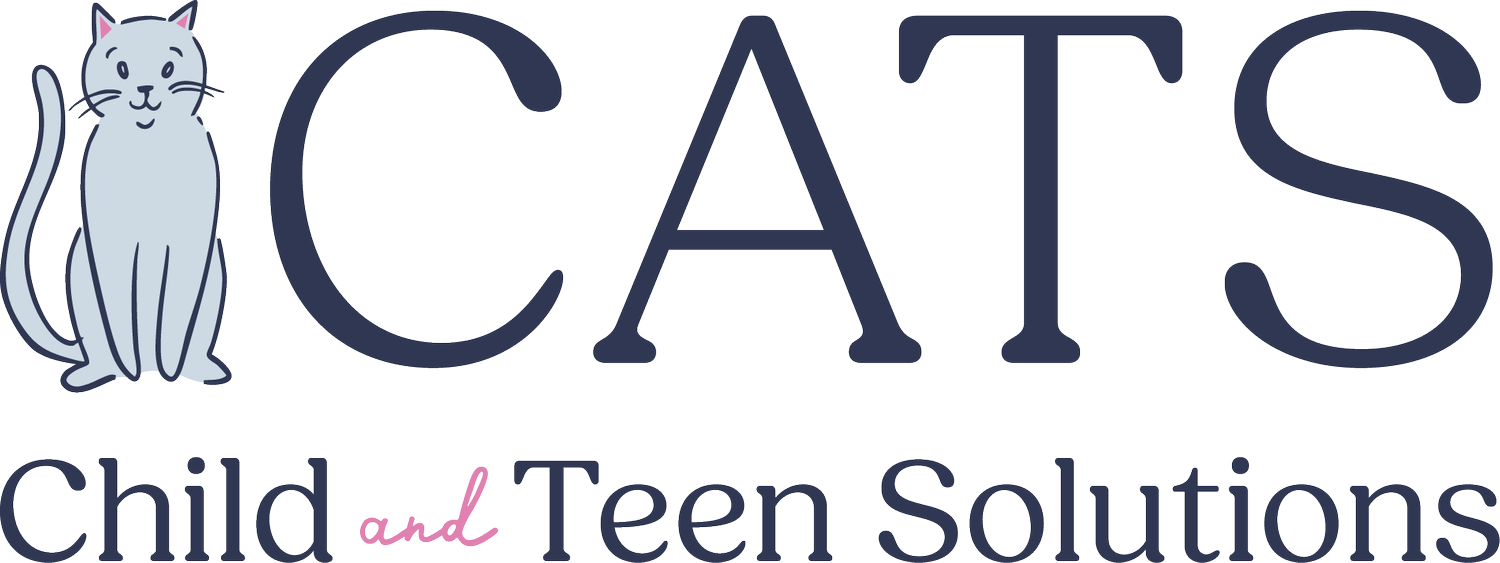Child and Teen Solutions
State-of-the-art mental health care for families in Seattle, WA
Where Families Find Answers
We get it. Your child or teen is struggling and you’re not sure why. You’re worried about what this might mean for their future. The approaches that seem to work for others aren’t working for your family. The advice you find is confusing and conflicting. You crave clarity and a well-defined path forward.
Most of the families we work with come to us for help with emotion dysregulation, outbursts, inflexibility, parent-child conflict, anxiety, depression, school problems, learning issues, executive functioning concerns, and social challenges.
We are here to guide you in ways to improve your child or teen’s mental health trajectory by implementing strategies that are backed by research and grounded in the child development literature.
We help families uncover what’s really happening and work together to build a clear plan for improving your child’s mental health.
Child and Teen Solutions (CATS) is a team of providers dedicated to providing state-of-the-art evaluations and treatment. Located in beautiful Madison Park, Seattle, we offer both in-person and telehealth services.
We believe in the power of parents to support their child’s or teen’s mental health.
Services to Support Your Family
Children come into this world with all kinds of strengths and vulnerabilities. We celebrate the unique qualities that make our children who they are, while also recognizing that some characteristics require extra support.
Some children are wired to be anxiety sensitive. Some have developmental or neurodevelopmental issues. Some might be genetically prone to mood disorders or OCD. Some are highly active or impulsive. Regardless of your child’s vulnerabilities, a strong parent-child relationship can help to mitigate a potentially risky developmental trajectory.
Here are some ways we can help your family find answers and become confidently equipped with clear solutions and support:
-

Evaluations & Assessments
-

Child Therapy Services
-

Teen Therapy Services
-

Young Adult Therapy Services
-

Parent Coaching
Evaluations & Assessments
Helping You Find Answers
We take a holistic approach to assessing ADHD, autism, learning disabilities, and behavior challenges. Our evaluation services are unique in that they offer more depth than what you might find at other agencies. We put great care into finding answers that will help you to better understand your child, teen, or young adult, and that can point the way to helpful interventions to help your child to thrive.
Individual Therapy
Creating a Clear Path Forward
We offer individual therapy for children, teens, and young adults. We utilize the creative delivery of evidence-based practices. Our treatment services cover a range of concerns, including anxiety, depression, OCD, ADHD, the autism spectrum, school problems, and behavior challenges.
Parent Coaching
Equipping parents to be agents of change
For many families, a child’s challenges can take over family life. The family tries to survive by orbiting around the child’s needs. Parents often neglect their own needs out of being in constant survival mode. Over time, this persistent stress can undermine family relationships - the foundation that must be prioritized in order for anyone to thrive.
When supported and guided by a skilled therapist, parents are usually in a much better position to help their child than they realize. Rather than feeling helpless, parents can consider learning skills that will better equip them with how to better intervene in their child or teen’s struggles. We have found that the most successful treatment outcomes can occur when both the child or teen and their parents are involved in the care.
This is NOT to say that parents are at fault when their children struggle. Kids who are grappling with mental health or behavior issues have complex needs. Nobody would expect parents to know on their own how to respond to extreme tantrums, self-harm, alarming expressions of despair, anxiety, or depression in a child or teen. Even the most tuned in parents can benefit from learning advanced skills around discipline, emotions, communication, boundaries, and navigating conflict.














